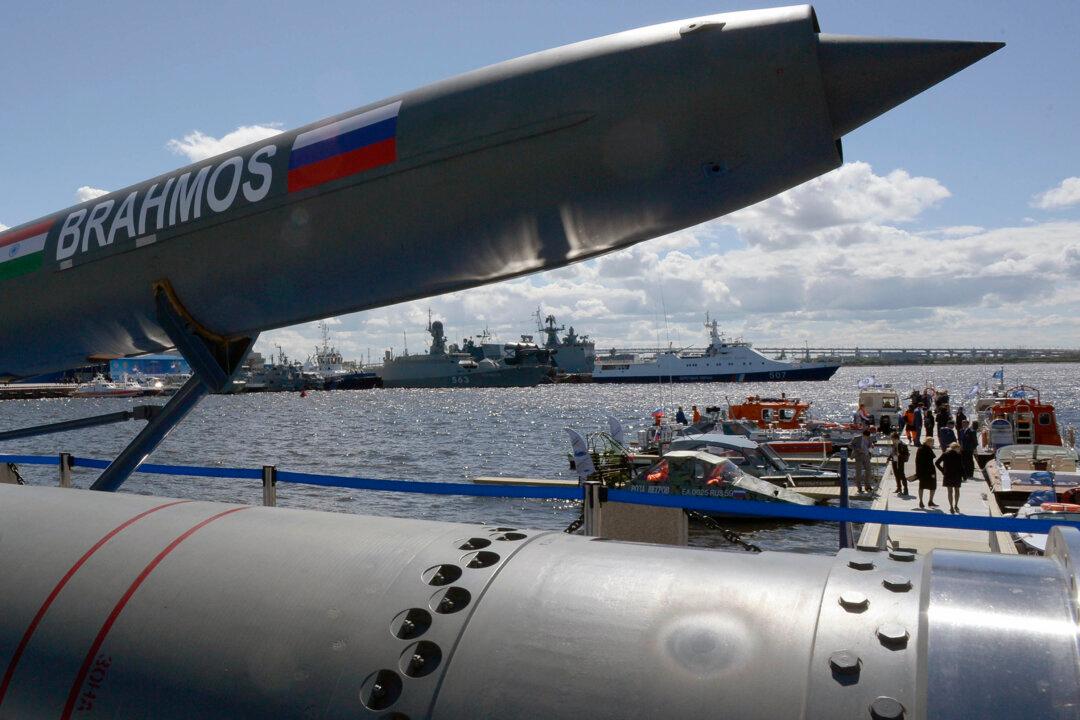News Analysis
Russia is making inroads against democracies and traditional U.S. allies like the Philippines, India, and Turkey, with its supply of cheap but unreliable defense exports.

Russia is making inroads against democracies and traditional U.S. allies like the Philippines, India, and Turkey, with its supply of cheap but unreliable defense exports.